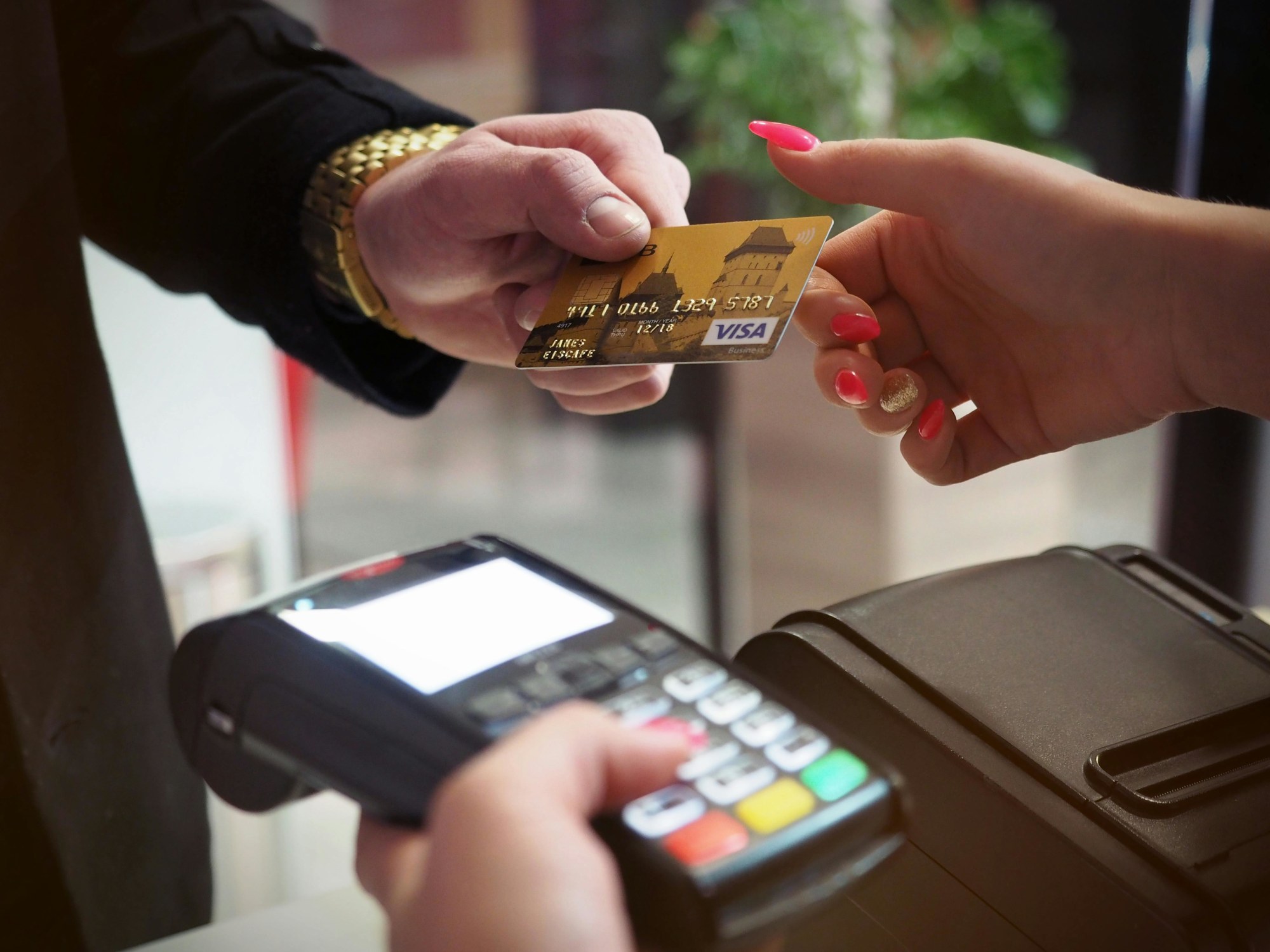Save
‘Concerning rise’ in scammers posing as banks
Aussies need to be on guard against “unscrupulous, unsolicited” scammers presenting themselves as the Australian Banking Association, the association itself has warned.
‘Concerning rise’ in scammers posing as banks
Aussies need to be on guard against “unscrupulous, unsolicited” scammers presenting themselves as the Australian Banking Association, the association itself has warned.

Every year 33,000 Australians are targeted by scammers pretending to be from Australian banks and financial institutions, the Australian Competition and Consumer Commission (ACCC) has said. The ACCC estimates the cost to victims is more than $4.7 million.
First reported in 2016, the number of scams of this type has risen at a “concerning” rate, ABA executive director of consumer policy Christine Cupitt said.
“The ABA, or any member bank, will never call members of the public seeking information about their personal bank accounts or security information,” she said.
“If you think you’ve given your personal information to a scammer we urge you to urgently contact your financial institution.

“It’s vitally important that Australians keep their financial identity safe by following important measures such as not giving out your PIN, deleting spam emails, keeping anti-virus software up-to-date and not responding to requests from unknown phone numbers.”
The ABA said Australians should be aware scammers often ask for details on who they bank with as well as personal and banking details.
They may also tell victims that they are owed a refund for overcharged fees but will need to make a payment to receive the refund.
With these characteristics in mind, the ABA said Australians should never provide their PIN or internet banking login details to anyone and closely guard personal details like passport numbers, driver’s licence numbers and current address details.
Spam and scam emails should be deleted and anti-virus software should be kept up-to-date. Recipients of suspicious emails should be “very careful” of clicking links in emails.
Additionally, the ABA reminded savers to avoid responding to requests to call unknown or unverified numbers.
The ABA’s warning coincides with the ACCC’s latest Targeting scams report, released this week.
It found that money lost to investment scams increased by 33 per cent in 2017. This was despite no new technologies, implying scammers’ previous methods remain effective, with $31.3 million lost.
It also found that older Australians were at a greater risk of high loss investment and dating scams as they seek to boost retirement savings and find love online.
Australians between 55 and 64 lost $21.6 million in 2017 – the greatest loss by age group – followed by those 65 and over ($17.6 million).
Those between 18 and 34 and those between 35 and 54 both lost the most to investment scams, with $1.6 million and $19 million lost, respectively.
By gender, women lost the most to dating and romance scams ($12.7 million), while men fell victim to investment scams ($22.8 million) the most.

Savings account
Protecting your savings from inflation in Australia
Inflation is an economic phenomenon that erodes the purchasing power of money over time, directly impacting the real value of your savings. In Australia, as in many parts of the world, periodic rises ...Read more

Savings account
Maximising your savings effortlessly: The power of automation in Australia
In the fast-paced world we live in, managing finances can often become an overlooked aspect of our daily routines. However, the advent of technology has introduced a seamless solution to this ...Read more

Savings account
Maximising your savings account: What you need to know
Saving money is a fundamental aspect of financial security and wellbeing. Read more

Savings account
Are ‘nudges’ the secret ingredient to financial wellness?
Are better financial habits a simple reminder away? Read more

Savings account
Afterpay launches Money app, bank accounts and retroactive BNPL
Afterpay is upgrading its app-based arsenal. Read more

Savings account
2020 saw the fastest increase in bank deposits since the GFC
Bank deposits of Australian households increased by more than 12 per cent last year. Read more

Savings account
Australians are putting savings goals ahead of holiday plans
While travel restrictions are soon set to ease, Australians are still putting their savings goals first. Read more

Savings account
More than half of Aussie Millennials don’t have a savings plan
Money is remaining a taboo subject for Millennials, which is leading to poor saving habits, a big four bank has revealed. Read more

Savings account
Protecting your savings from inflation in Australia
Inflation is an economic phenomenon that erodes the purchasing power of money over time, directly impacting the real value of your savings. In Australia, as in many parts of the world, periodic rises ...Read more

Savings account
Maximising your savings effortlessly: The power of automation in Australia
In the fast-paced world we live in, managing finances can often become an overlooked aspect of our daily routines. However, the advent of technology has introduced a seamless solution to this ...Read more

Savings account
Maximising your savings account: What you need to know
Saving money is a fundamental aspect of financial security and wellbeing. Read more

Savings account
Are ‘nudges’ the secret ingredient to financial wellness?
Are better financial habits a simple reminder away? Read more

Savings account
Afterpay launches Money app, bank accounts and retroactive BNPL
Afterpay is upgrading its app-based arsenal. Read more

Savings account
2020 saw the fastest increase in bank deposits since the GFC
Bank deposits of Australian households increased by more than 12 per cent last year. Read more

Savings account
Australians are putting savings goals ahead of holiday plans
While travel restrictions are soon set to ease, Australians are still putting their savings goals first. Read more

Savings account
More than half of Aussie Millennials don’t have a savings plan
Money is remaining a taboo subject for Millennials, which is leading to poor saving habits, a big four bank has revealed. Read more













